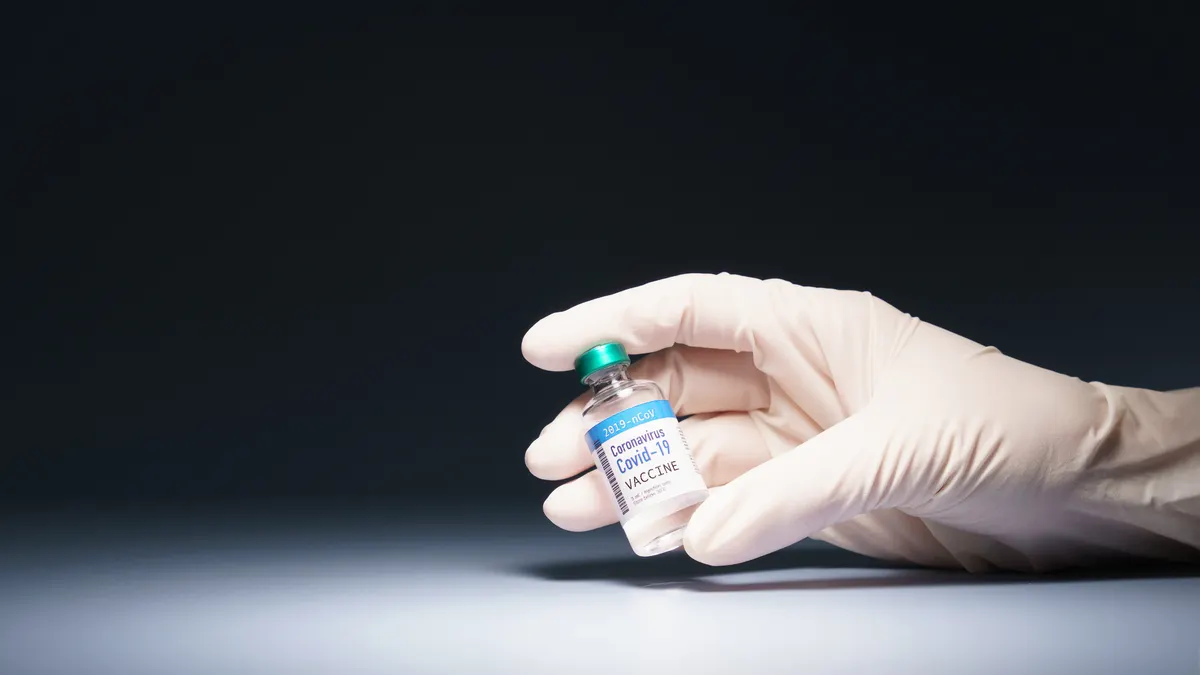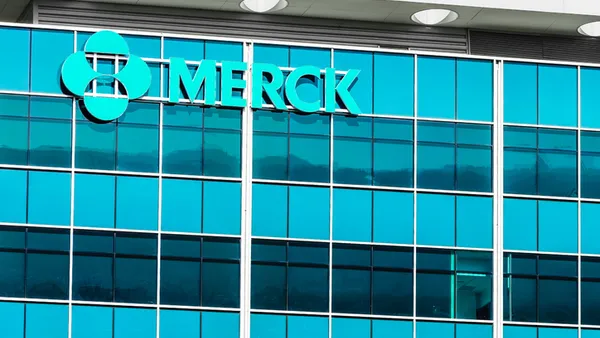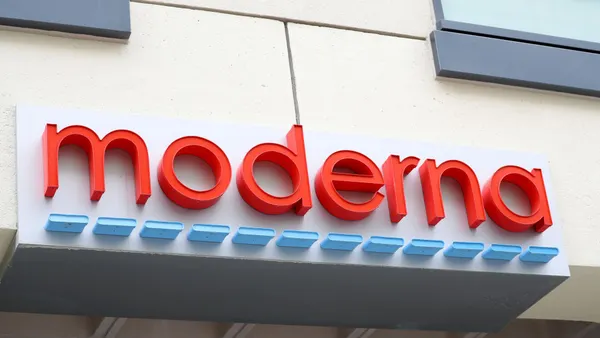The FDA on Wednesday approved an antibody drug that developer Johnson & Johnson expects will eventually become one of its top-selling medicines.
The drug, which J&J will sell as Imaavy, was cleared by the FDA to treat adults and children 12 years of age or older who have an autoimmune condition known as generalized myasthenia gravis. The disease interferes with communication between nerves and muscles, leading to a diverse range of symptoms that can include fatigue, muscle weakness, difficulty breathing and changes in vision.
Imaavy is designed to lessen that interference by reducing levels of an immune system protein that mistakenly targets certain muscle receptors. In testing, treatment improved daily function versus placebo on a scale that assesses essential activities like talking, chewing and standing from a chair. Imaavy was also associated with an improvement in muscle weakness.
J&J estimates some 100,000 people in the U.S. have generalized myasthenia gravis, for whom Imaavy will be another option alongside recently approved medicines from Argenx and UCB that work in a similar fashion. (Other, older drugs that work differently are also available.)
J&J set Imaavy’s price to $12,480 per vial, which it said is "competitively priced" with other, similar drugs. The company added that, through a support program it’s established, commercially insured patients may not pay anything out of pocket.
The drug’s approval is significant for J&J, which paid $6.5 billion to acquire its original developer, Momenta Pharmaceuticals, in 2020. Since then, it’s become central to J&J’s plans to build a new wave of immune medicines that can supplant the sales of aging blockbusters like Stelara and Simponi. The company forecasts sales of Imaavy could eventually eclipse $5 billion a year at their peak.
Those lofty forecasts are based on J&J’s expectations that Imaavy could work in a wide array of diseases driven by “autoantibodies,” which are immune system proteins erroneously aimed at targets on the body’s own cells, rather than on pathogens.
In the case of generalized myasthenia gravis, autoantibodies attach to either acetylcholine receptors or muscle-specific tyrosine kinases found on muscle cells. As a result, signals delivered via a neurotransmitter called acetylcholine can’t readily pass from nerves to muscles, leading to the disease’s symptoms.
Imaavy reduces levels of these autoantibodies by binding to a protein known for short as FcRn. This stops cells from helping antibodies, including harmful ones, persist in the blood, resulting in their breakdown. Its approval is limited to people who are positive for either acetylcholine receptors or muscle-specific tyrosine kinases.
J&J sees the drug’s mechanism as potentially helpful in rare diseases directly caused by autoantibodies, like myasthenia gravis, as well as autoantibody-mediated rheumatic conditions and pregnancy-related diseases that involve alloantibodies.
"Today's FDA approval of Imaavy marks a historic milestone for the more than 240 million patients suffering with autoantibody diseases, many with few or no approved targeted treatments," said David Lee, J&J’s global immunology therapeutic area head, in the company’s statement.












